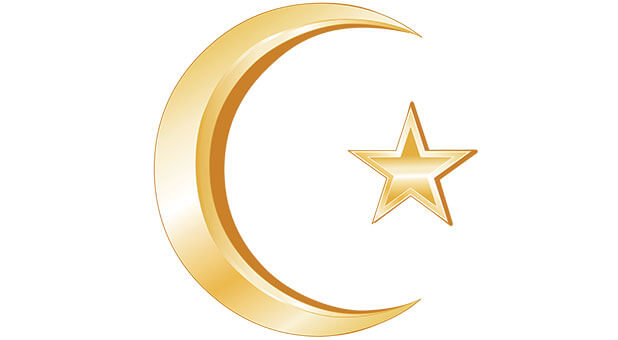Hilary Alan has a word for Americans who disdain all Muslims because they fear the stereotypical radical Islamist: Don’t.
A Christian and director of a crisis pregnancy center in Chapel Hill, N.C., Alan learned to love adherents of Islam during three years she spent in Southeast Asia. In 2006, she and her husband, Curt, responded to a call for relief workers after a tsunami struck a 14-nation region in late 2004.
Alan quit her teaching job while her husband left behind his business career so they could become community developers for a nongovernmental organization. The agency helped residents rebuild after the disaster that included the loss of more than 230,000 lives.
“My perspective about Muslims completely changed through relationship,” says Alan, whose new book, Sent, chronicles her experience.
Alan learned hospitality from Muslim residents who welcomed her and her husband and their two children into their homes, even on Islamic holy days, which Alan compares to the average American inviting a stranger to Christmas dinner. Most people in the U.S. are very private with their holidays, she says, particularly when it comes to those who don’t share their beliefs.
“Yet here they were, inviting us into their homes to eat great food on the days that were just as important to them as Christmas or Easter would be to us,” she says. “I live in the South, where we’re supposedly all about hospitality. No, compared to what we experienced, the South’s got nothing on them.”
Although Alan never imagined that temporarily transplanting to Southeast Asia would be part of her story, she says dropping everything to head overseas taught her to avoid excessive advance planning.
“I learned not to hold things tightly,” she says. “I keep that ‘yes’ on the table and say, ‘Yes, Lord, I’ll go today if You want me to.’ ” —Ken Walker














































